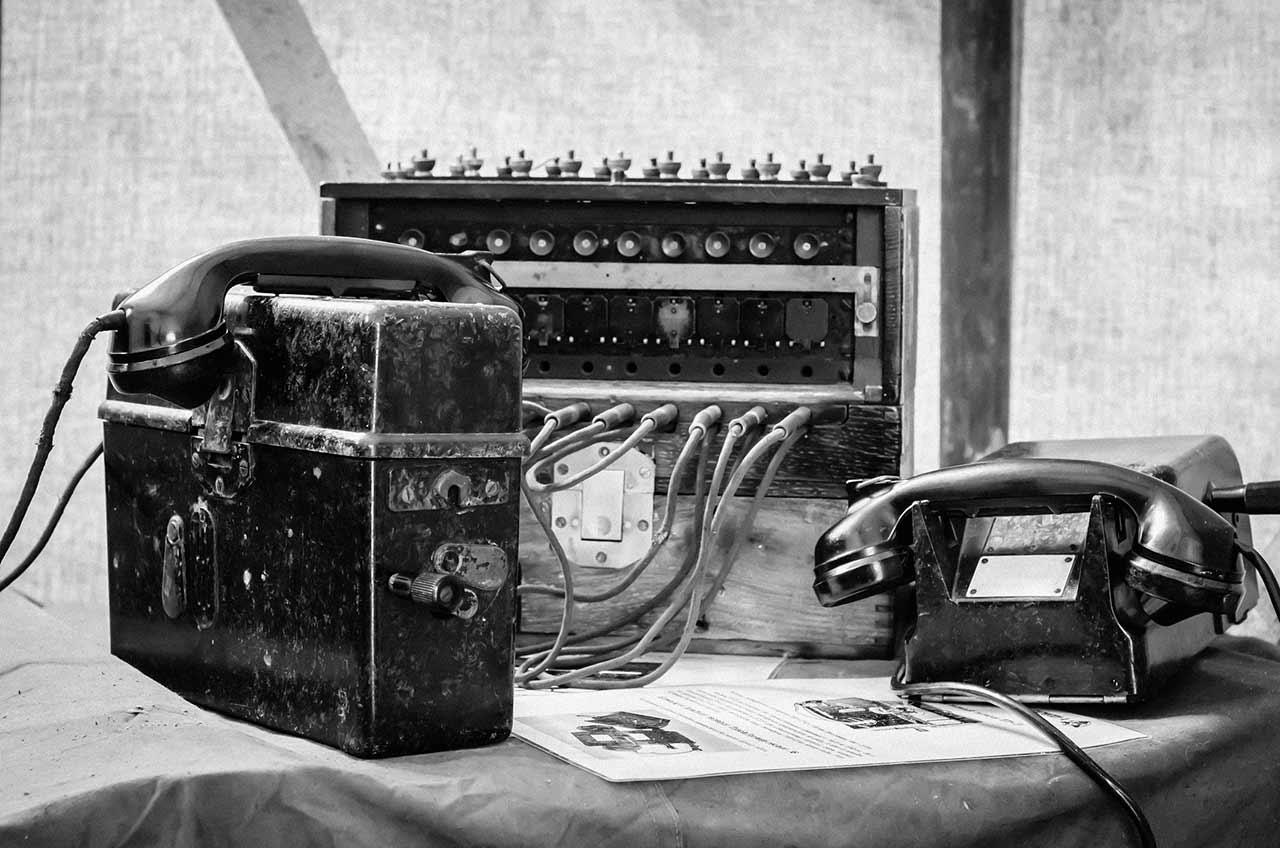
The Office of Legal Counsel (OLC) within the Department of Justice in the United States has recently published a memorandum revising its previous stance on the Wire Act, which was issued in 2011. The initial opinion had specified that the Wire Act solely pertained to sports betting. However, this latest release of opinion asserts that the Wire Act encompasses all types of gambling activities that occur across state borders.
After the US Supreme Court affirmed the authority of states to legalize sports betting, West Virginia promptly introduced its own sports betting system. Despite the existence of the Wire Act during this time, it is expected that WV sportsbooks will continue to operate without significant disruptions. However, it is important to acknowledge that there may still be potential challenges on the horizon.
The state legislature of West Virginia has recently introduced a bill regarding online casino gaming. If approved, this bill would legalize online casinos in West Virginia.
The Wire Act may have an impact on online gambling happening in states where it is legally allowed, contrary to initial assumptions. The complexity arises from the fact that even if all betting activities occur within the state, there is a chance that certain transactional data might cross state borders. In such cases, the new opinion deems it a technical violation.
The OLC opinion is merely an opinion and does not hold the same legal weight as the law.
AGA says Wire Act opinion “unfortunate”
The American Gaming Association and the National Indian Gaming Association have both issued their responses to the news, expressing a consensus that the newly released memo is expected to have minimal impact on the existing gaming industry.
In a press release, Sara Slane, the Senior Vice President of Public Affairs at AGA, shared her insights on the new opinion.
The fact that the Department of Justice deviated from its long-standing practice in reversing its prior opinion without a convincing justification is regrettable. Nonetheless, the 2018 OLC opinion does not hinder states and Tribes from legalizing and overseeing gaming on a localized level, nor does it impede companies from offering the thrilling products and entertainment experiences that our customers desire.
The AGA finds it challenging to comprehend this ruling, given the existing framework for legal gambling procedures that has already been established.
Slane continued:
Casino gaming, being subjected to extensive regulation with a substantial number of regulators and significant financial resources dedicated to compliance, is considered one of the most tightly regulated sectors in the nation. For many years, it has continuously offered customers state-of-the-art products within a secure and regulated setting, following the laws set by the state, Tribal, and federal authorities. Our commitment lies in collaborating with all parties involved to safeguard the states’ and Tribes’ authority to regulate gaming activities. Furthermore, we strongly urge the Department of Justice (DOJ) to scrutinize and take action against illegal and unregulated gambling operators who exploit consumers.
NIGA: Wire Act changes “hold great importance”
In response to the DOJ’s statement, NIGA expressed a comparable reaction, highlighting in a press release that the conversation surrounding the legality of online gambling has persisted for the past twenty years.
According to Ernie Stevens Jr., the chairman of NIGA,
“We are currently evaluating the opinion, but we anticipate that, similar to the 2011 opinion, it will raise more questions than provide answers. Our Member Tribes attach significant importance to any developments in the gaming industry.”
According to the 2011 opinion, the significance of this ruling may be minimal. Nevertheless, there is a chance that the DOJ may attempt to enforce it, which could potentially pose real challenges for casinos and sportsbooks down the line.
Other obstacles for WV online gaming
Currently, a significant and concrete hurdle for West Virginia is the decision of West Virginia Lottery officials to not actively pursue the legalization of online gaming.
Legal sports betting is already active in the Mountain State, but it may take a while before online casino gaming is also accessible.
John Myers, the Lottery director, emphasized his preference for West Virginia’s five casinos to prioritize launching their online sports betting apps before venturing into other forms of online gaming.
Currently, the situation is quite unclear, but luckily, there is a strong drive to remove any confusion. Anticipate ongoing legal examination during what promises to be an exhilarating period in the online gambling sector.






